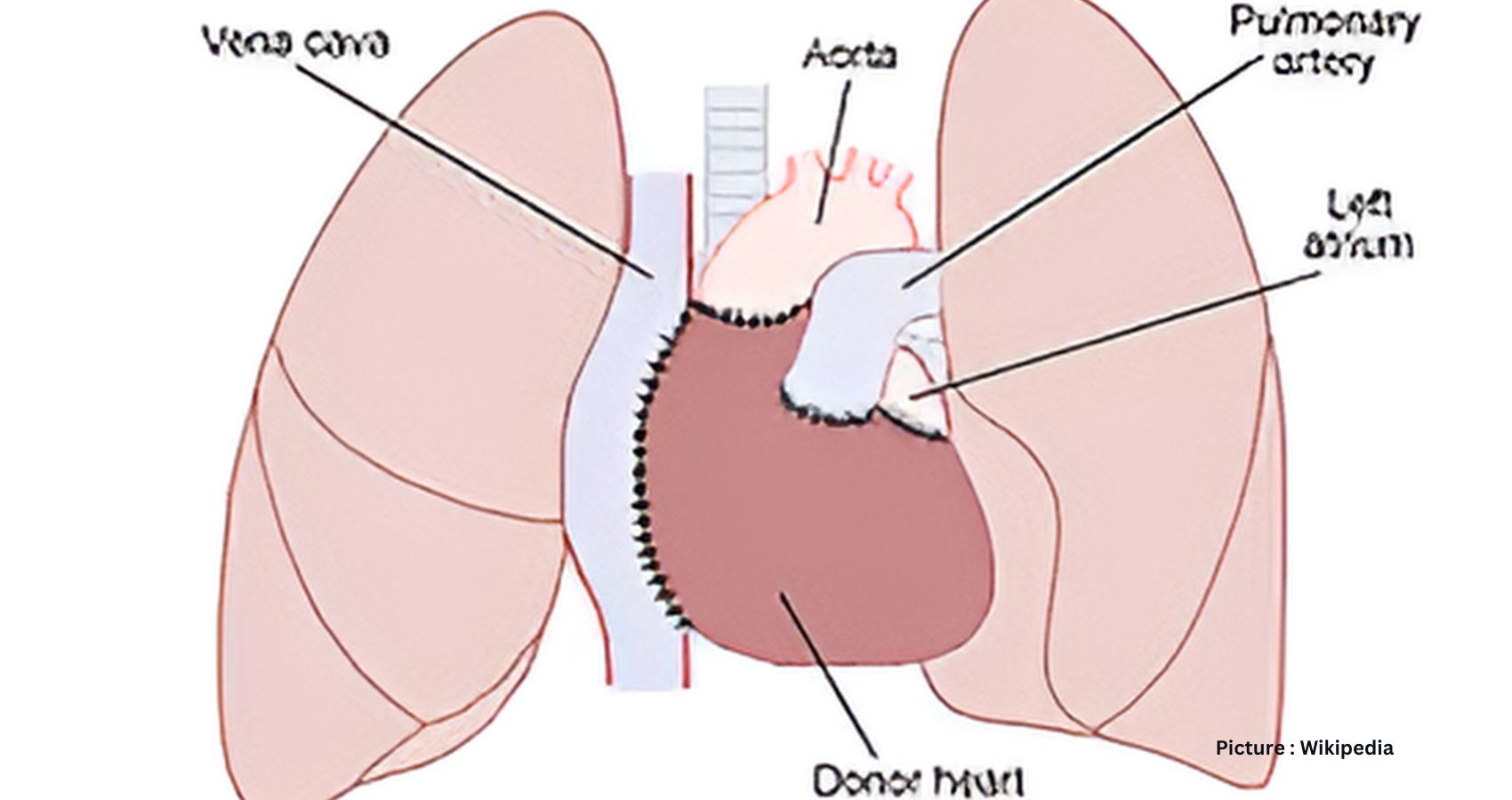The primary recipient of a genetically modified pig kidney transplant has passed away nearly eight weeks following the procedure, as announced by his family and the hospital where the operation was conducted, on Saturday.
Richard “Rick” Slayman, aged 62, underwent the transplant at Massachusetts General Hospital in March. The surgical team had expressed confidence that the pig kidney would remain functional for a minimum of two years.
In their statement, the transplant team at Massachusetts General Hospital expressed deep sorrow at Slayman’s demise and extended condolences to his family. They emphasized that there were no indications suggesting his demise was linked to the transplant.
Hailing from Weymouth, Massachusetts, Slayman marked history as the inaugural living recipient of such a procedure. Formerly, pig kidneys were transplanted into brain-dead donors on a temporary basis. There had been instances where two individuals received heart transplants from pigs, albeit both succumbed within months.
Slayman had previously undergone a kidney transplant at the same hospital in 2018. However, he had to revert to dialysis last year when signs of failure appeared in his transplanted kidney. Subsequent complications with dialysis, necessitating frequent procedures, prompted his medical team to recommend a pig kidney transplant.
Expressing gratitude, Slayman’s family conveyed appreciation to his medical caregivers. According to their statement, “Their enormous efforts leading the xenotransplant gave our family seven more weeks with Rick, and our memories made during that time will remain in our minds and hearts.”
They highlighted that Slayman opted for the surgery partly to instill hope in the thousands awaiting transplants to prolong their lives. “Rick accomplished that goal and his hope and optimism will endure forever,” the statement asserted.
Xenotransplantation denotes the practice of utilizing cells, tissues, or organs from animals to treat human patients. Historically, such endeavors faced setbacks due to immediate rejection by the human immune system of foreign animal tissue. Recent advances have focused on modifying pigs to render their organs more akin to human physiology.
Over 100,000 individuals are currently listed on the national transplant waiting roster, with a majority requiring kidney transplants. Tragically, thousands succumb annually before their opportunity arises.











